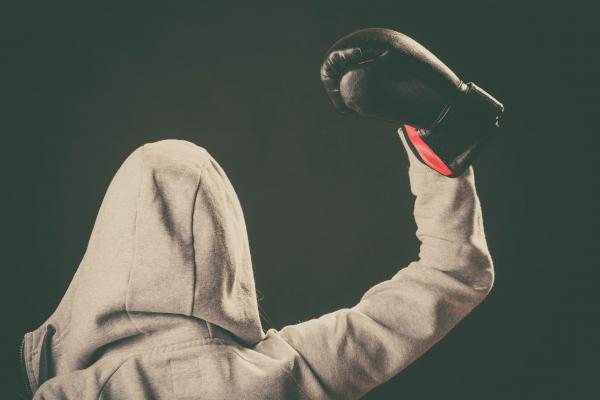Muhammad Ali, boxing legend and outspoken voice for racial justice, passed away on June 3. His funeral is being held on June 10. As the world lays “The Greatest” to rest, fans are remembering his life and legacy, from his brash taunts in the ring to his controversial draft evasion, his commitment to love and peace, and his long battle against Parkinson’s.
We talked with Jayme Cloninger, a female martial artist currently testing for Level 3/Phase C Krav Maga certification in Los Angeles, about the example Muhammad Ali has set for her life and faith.
“Ali was a brilliant boxer. He treated the ring like a chessboard — he mastered the logic of fighting. That’s what put him in the mindset to do things like take a stand against the draft,” Cloninger wrote via text.
Cloninger, who also fights on behalf of development, health, and poverty programs as a lobbyist in Washington, D.C., says Ali has taught her at least four major things about strength and leadership:
- "Ali owned his greatness. Even when the system and culture he grew up in told him he was at a lower level — Ali transcended those man-made boundaries."
- "Ali worked his *ss off. To be great doesn’t just come naturally. He owned the work ethic, and he made the necessary sacrifices to do so."
- "Ali evolved in a public way. Most of us are timid to announce when we change our minds or develop a different opinion. Ali publicly grew to be the greatest."
- "Ali was fearless of being great. Being great scares the hell out of me, but he embraced that fear."
Though some may see martial arts as counterintuitive for peace-loving people of faith, Ali embraced both elements of his identity with conviction — something Cloninger said she’s been thinking about a lot recently.
“For me, as a female martial artist and a person of faith, Ali represents what we should all be striving for: alignment of the mind, spirit, and body, and the greatest for ourselves and our community,” Cloninger said.
Got something to say about what you're reading? We value your feedback!
